Pe Copolymer Size
PE Copolymer Market Growth Projections and Opportunities
The PE copolymer market is influenced by several key factors that shape its production, demand, and pricing dynamics. One of the primary drivers of this market is the increasing demand for versatile and cost-effective polymer materials across various industries. PE copolymers, which are derived from ethylene and one or more comonomers, offer a wide range of properties such as flexibility, toughness, chemical resistance, and thermal stability. They find applications in sectors such as packaging, automotive, construction, and healthcare, where lightweight and durable materials are required. The growing demand for PE copolymers in flexible packaging, automotive components, pipes, and medical devices drives market growth.
Another significant factor influencing the PE copolymer market is technological advancements and innovations in polymer synthesis and processing. Manufacturers are continually innovating to improve polymerization techniques, catalyst systems, and blending technologies to tailor the properties of PE copolymers for specific applications. Advanced manufacturing processes such as metallocene catalysis and reactive extrusion enable the production of copolymers with precise control over molecular structure, morphology, and performance characteristics. These technological advancements not only enhance product quality and performance but also drive down production costs, thereby stimulating market growth.
Furthermore, regulatory standards and industry certifications play a crucial role in shaping the PE copolymer market. Regulatory requirements related to product safety, performance, and environmental impact drive the adoption of quality standards such as ASTM, FDA, and ISO in the manufacturing and use of PE copolymers. Compliance with these standards ensures product reliability, traceability, and suitability for various applications, thereby fostering customer trust and confidence in PE copolymer products. Additionally, adherence to regulatory standards enables manufacturers to access global markets and compete effectively on a global scale.
Moreover, the demand for PE copolymers is closely tied to the performance and growth of end-user industries. In the packaging sector, PE copolymers are used in the production of films, bags, pouches, and containers for food, beverages, personal care products, and industrial goods. The increasing demand for convenient and sustainable packaging solutions, driven by changing consumer preferences and environmental concerns, fuels the growth of the PE copolymer market in the packaging industry. Similarly, in the automotive sector, PE copolymers find applications in interior trim, bumpers, door panels, and fuel tanks. The growing demand for lightweight materials, improved fuel efficiency, and enhanced safety features in vehicles drives the demand for PE copolymers in the automotive industry.
Market competition is another significant factor influencing the PE copolymer market dynamics. The presence of numerous manufacturers and suppliers competing for market share can lead to price competition and product differentiation strategies. Factors such as product quality, reliability, technical support, and delivery lead times play crucial roles in gaining a competitive edge within the market. Strategic alliances, partnerships, and mergers & acquisitions are common strategies adopted by market players to strengthen their market position, expand their product portfolios, and enhance their geographic reach.
Furthermore, global economic conditions and trade policies impact the PE copolymer market on a broader scale. Economic factors such as GDP growth, industrial production, and consumer spending influence the demand for PE copolymer products across different regions. Trade policies, tariffs, and geopolitical tensions can disrupt supply chains and trade flows, thereby affecting market dynamics and prices. Additionally, currency exchange rates and inflation rates can impact the competitiveness of PE copolymer manufacturers operating in global markets.
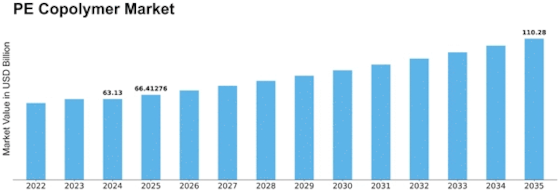


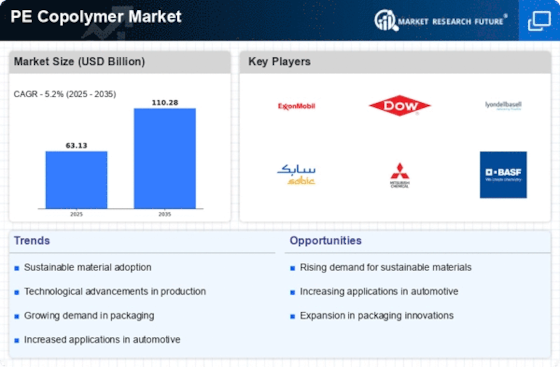

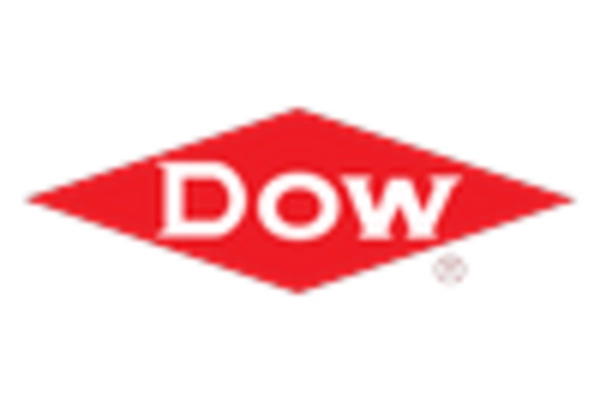

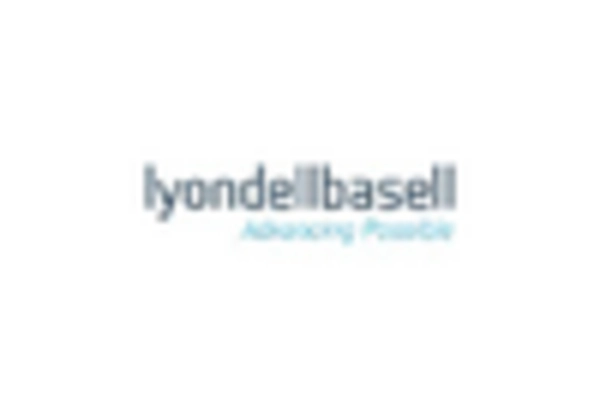
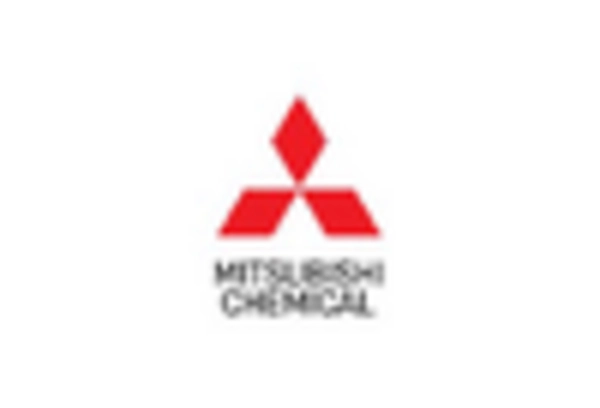










Leave a Comment